Jelašić: U.S. support vital
National Bank of Serbia (NBS) Governor Radovan Jelašić says Serbia’s arrangement with the IMF and EU integration will be discussed during Joe Biden’s visit.
Wednesday, 20.05.2009.
13:57

National Bank of Serbia (NBS) Governor Radovan Jelasic says Serbia’s arrangement with the IMF and EU integration will be discussed during Joe Biden’s visit. Jelasic told B92 that U.S. support was very significant for Serbian industry, via financial institutions like the International Monetary Fund (IMF) and the World Bank. Jelasic: U.S. support vital He stressed that the next round of talks with the IMF would center around the privatization and reorganization of Serbian industry, which was one of the priorities if Serbia was to weather the economic crisis. The NBS governor said that the main theme of his talks with the U.S. vice-president would be Serbia's program with the IMF and European integration. “I’ll certainly tell him that, compared to other countries, this country has taken the most necessary step, we’ve managed to avoid the worst, we’ve ensured added sources of financing from the IMF, and foreign banks have assumed their share of the responsibility by not withdrawing money that comes in this year,“ he said. “Obviously, that’s the fire-extinguishing side of things, and, at the same time, the state has to change its whole economic model,“ Jelasic stressed. The model Serbia is implementing, which the NBS chief described as “borrow, privatize, take out a loan at home or abroad, and build a social state on that basis,“ will no longer work. For precisely these reasons, the main focus of the upcoming talks with IMF representatives would be on restructuring the Serbian economy. “The focus will be exclusively on results, a line will be drawn from the end of June, and, of course, what’s vital is that macroeconomic trends will be analyzed, as our export can’t grow at the same rate if, let’s say, the recession in Germany continues, if things don’t go as well for all our neighbors as planned. So, we’ll take everything into consideration, and, on that basis, we’ll see if we need to tighten our belts any further, whether we’re on the right path, or if there’s any chance of easing up anywhere,“ said Jelasic. “The dinar’s exchange rate should, in theory, be formed on the basis of supply and demand on the international market, and one of the priorities will be increasing hard currency reserves, so that the IMF loan, which will cost Serbia around EUR 60 to 70mn, pays off,“ he added. “Funds for bolstering the hard currency reserves should be generated by cutting public expenditure, restructuring the public companies, privatization, and a greater influx of foreign capital,“ the NBS governor explained. Radovan Jelasic (FoNet, archive)
Jelašić: U.S. support vital
He stressed that the next round of talks with the IMF would center around the privatization and reorganization of Serbian industry, which was one of the priorities if Serbia was to weather the economic crisis.The NBS governor said that the main theme of his talks with the U.S. vice-president would be Serbia's program with the IMF and European integration.
“I’ll certainly tell him that, compared to other countries, this country has taken the most necessary step, we’ve managed to avoid the worst, we’ve ensured added sources of financing from the IMF, and foreign banks have assumed their share of the responsibility by not withdrawing money that comes in this year,“ he said.
“Obviously, that’s the fire-extinguishing side of things, and, at the same time, the state has to change its whole economic model,“ Jelašić stressed.
The model Serbia is implementing, which the NBS chief described as “borrow, privatize, take out a loan at home or abroad, and build a social state on that basis,“ will no longer work.
For precisely these reasons, the main focus of the upcoming talks with IMF representatives would be on restructuring the Serbian economy.
“The focus will be exclusively on results, a line will be drawn from the end of June, and, of course, what’s vital is that macroeconomic trends will be analyzed, as our export can’t grow at the same rate if, let’s say, the recession in Germany continues, if things don’t go as well for all our neighbors as planned. So, we’ll take everything into consideration, and, on that basis, we’ll see if we need to tighten our belts any further, whether we’re on the right path, or if there’s any chance of easing up anywhere,“ said Jelašić.
“The dinar’s exchange rate should, in theory, be formed on the basis of supply and demand on the international market, and one of the priorities will be increasing hard currency reserves, so that the IMF loan, which will cost Serbia around EUR 60 to 70mn, pays off,“ he added.
“Funds for bolstering the hard currency reserves should be generated by cutting public expenditure, restructuring the public companies, privatization, and a greater influx of foreign capital,“ the NBS governor explained.












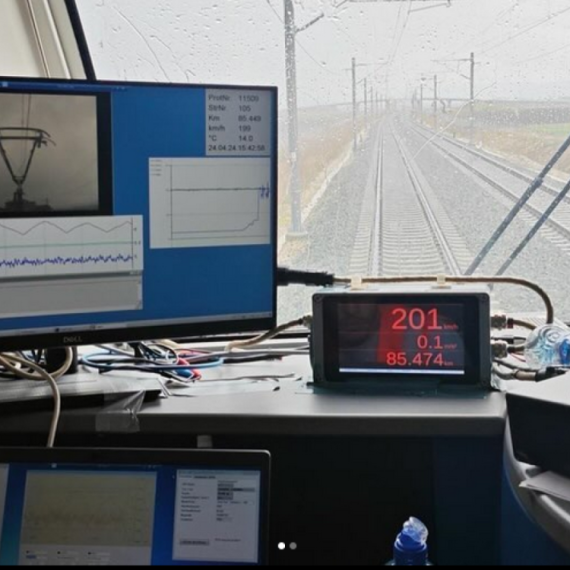

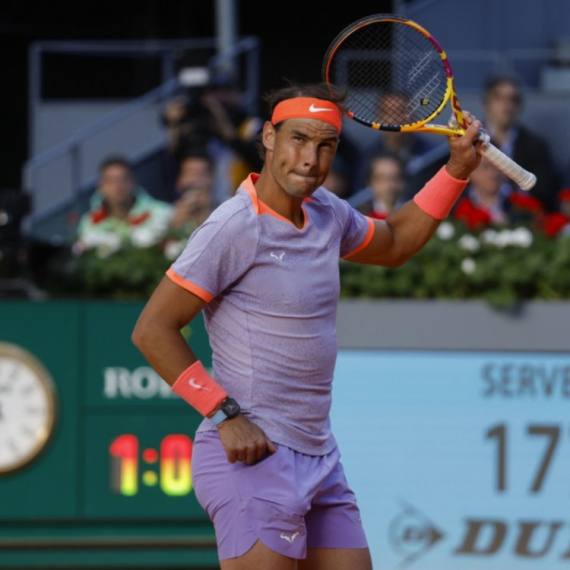
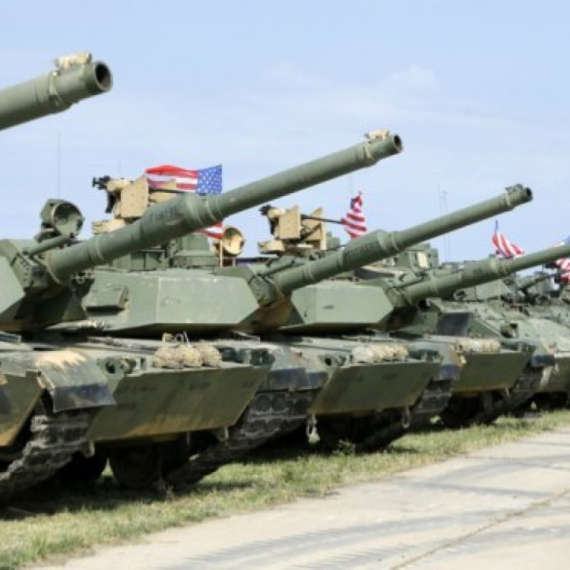
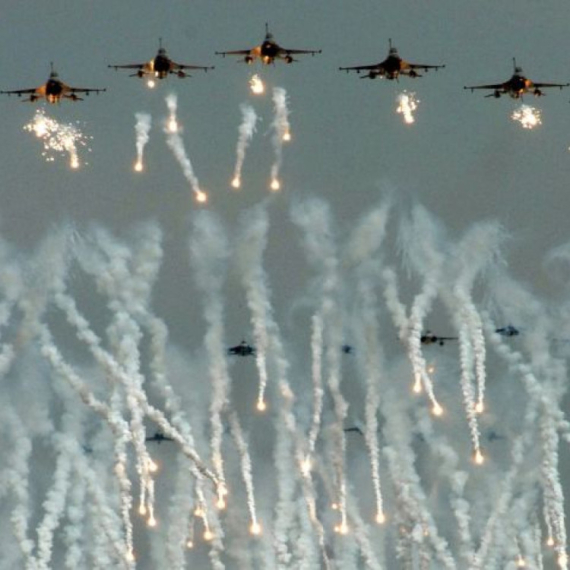
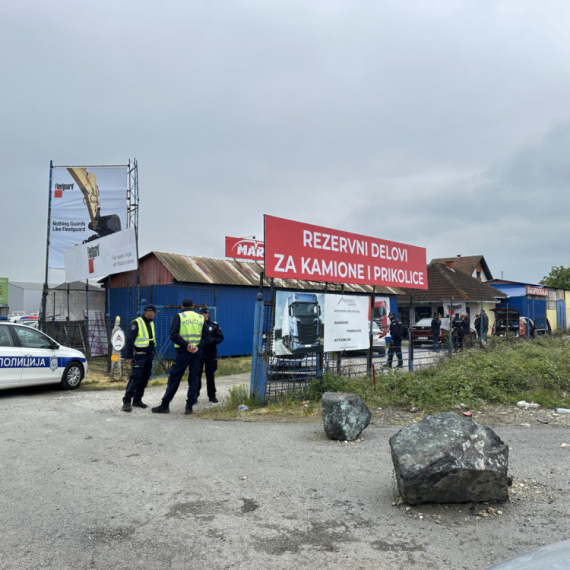
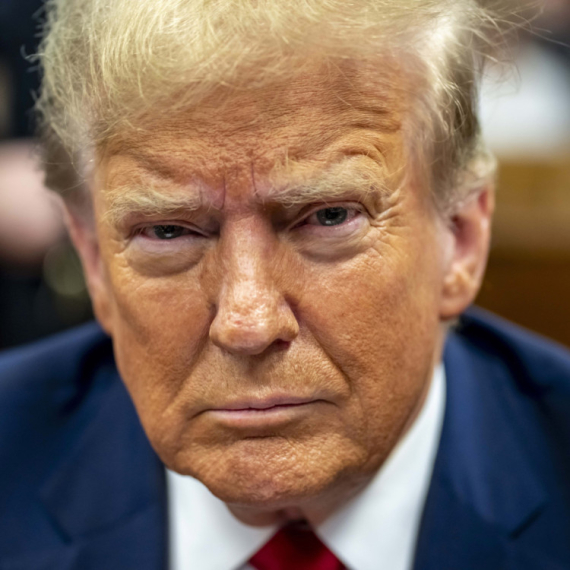

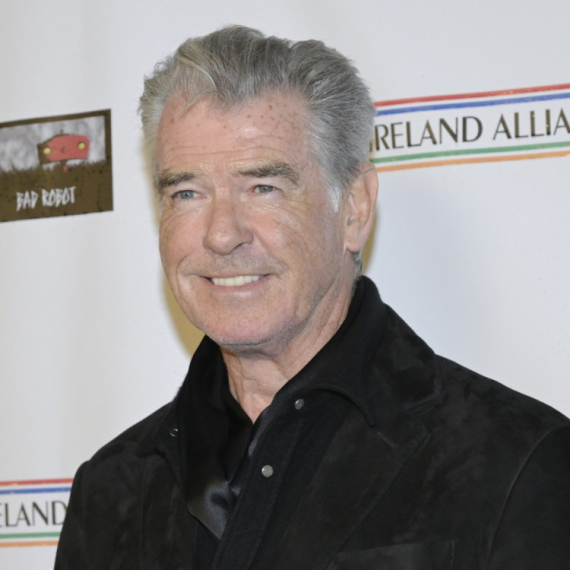

















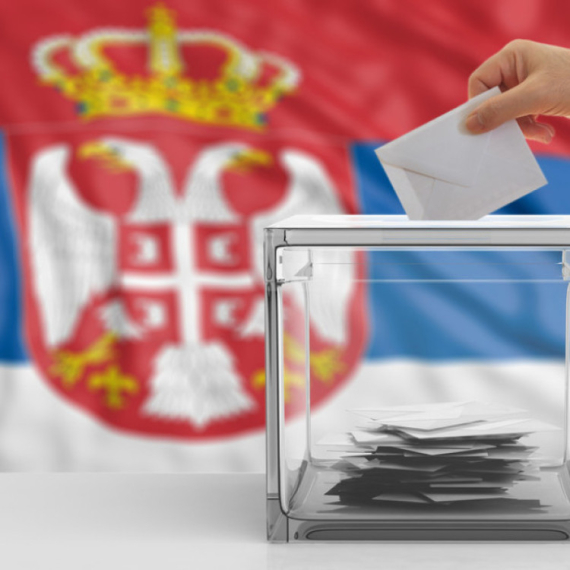
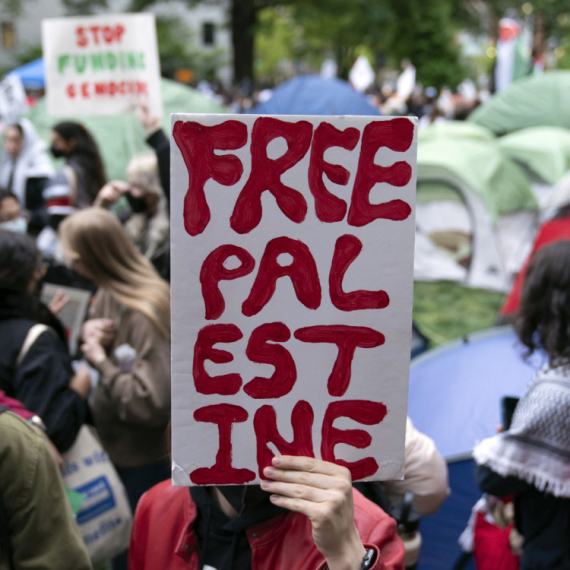


















Komentari 0